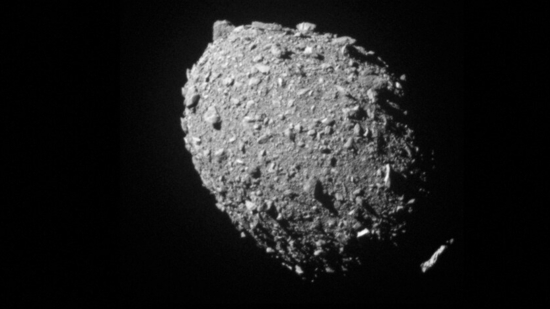What is the asteroid belt? Here is all you need to know in brief
The asteroid belt contains millions of asteroids of all sizes, but sometimes they are dislodged from there and head out in unpredictable directions.
For the man on the street, movies and novels have ensured there is a climate of fear centred around the word asteroid. There is much justification in that as asteroids have the potential to destroy planets and any living beings on them. However, many theories have suggested that there may well be some good in them after all as they may well have carried water or were harbingers of life on Earth.

What are asteroids?
Well, they are space rocks shooting across the skies at great speed. As per NASA’s definition, asteroids are rocky leftovers from the time when our solar system was taking shape some 4.6 bn years ago.
What is the asteroid belt?
Notably, most asteroids reside in a space called asteroid belt. This lies in the space between Mars and Jupiter.
Read More: A solar storm that will spark an Internet apocalypse? Here is the truth
Having said that, this did not become a permanent residence for many asteroids that got dislodged from it due to various reasons, including the gravitational pull of passing planets. NASA has it that the orbits of these asteroids can actually be affected by Jupiter's gravity. And to a lesser extent, Mars too has a role.
Another factor can be close encounters with other objects that can knock asteroids out of the main asteroid belt. When this happens, there is no telling where they will head for and they may even end up threatening to crash onto some planet.
Read More: 100-foot asteroid set to buzz Earth today; NASA reveals how close it will get
In fact, Moon’s pock-marked face indicates that this has been happening during its long history. The same applies to Earth too, except that, due to extreme weathering, most of the craters have been obliterated. In fact, they have played a major role in the history of humanity itself as one such asteroid had caused the extinction of dinosaurs.
Read More: In first, US directs NASA to create lunar time standard
NASA says that the main Asteroid Belt likely has between 1.1 and 1.9 million asteroids larger than 1 kilometer (0.6 miles) in diameter. And there are likely millions of smaller ones.






